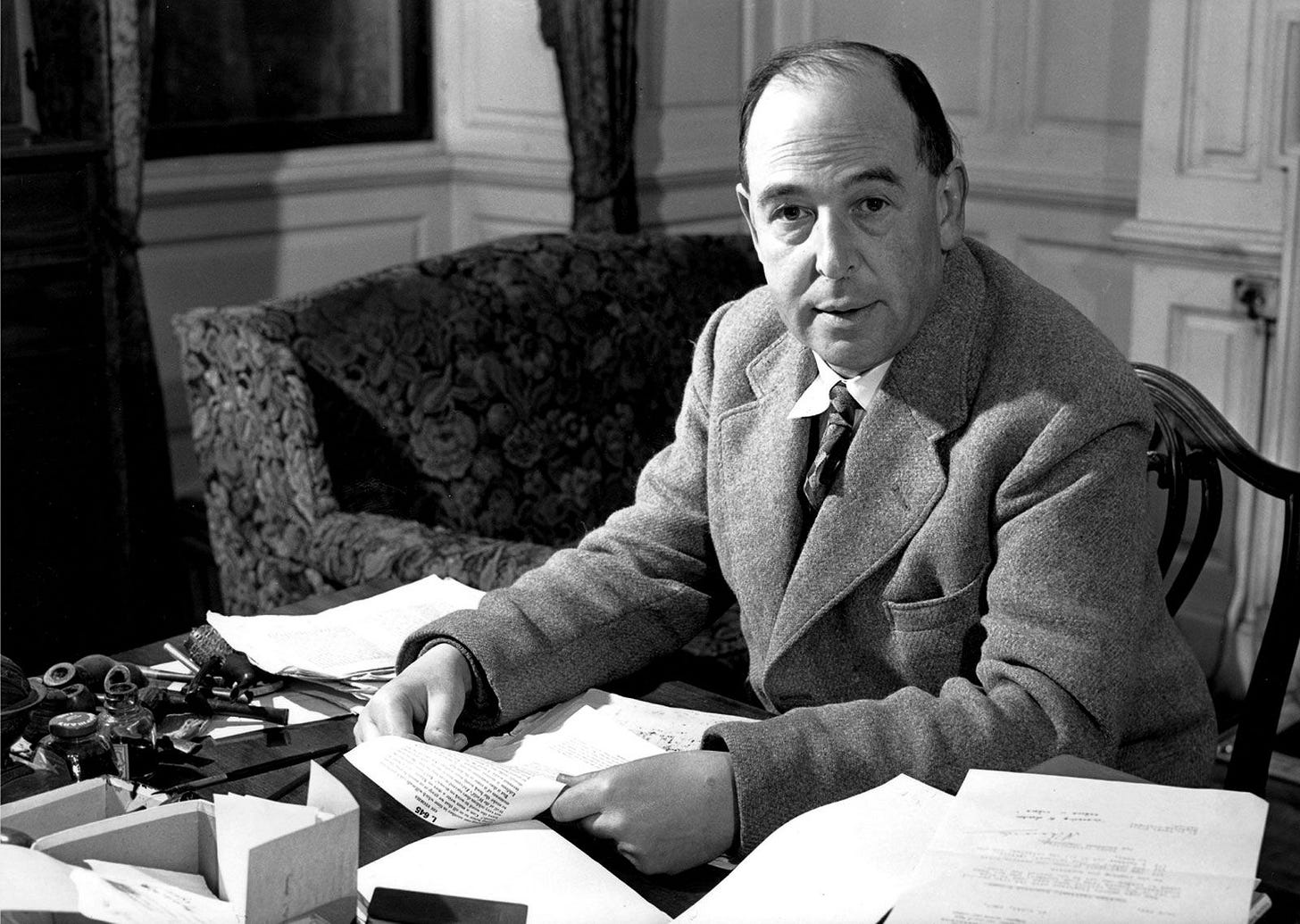What C.S. Lewis Taught Me About the Stories That Truly Matter
Join me in exploring C.S. Lewis's captivating argument that myths are not just stories, but powerful vessels of truth. Discover how this perspective can transform your understanding of narratives and help you find deeper meaning in the world around you.
Why We Often Miss the Point of Old Stories
Have you ever dismissed an old myth as just a nice story, or worse, as a fanciful lie? In our data-driven age, it’s easy to relegate tales of gods, heroes, and magical lands to the dusty shelves of childhood. We're taught to value facts above all else, often forgetting that the human heart and mind crave something more than just quantifiable data. This modern inclination, while understandable, can make us blind to profound insights hidden in plain sight, encoded within narratives that have shaped cultures for millennia.
C.S. Lewis and the Truth Buried in Tales
I remember being struck by C.S. Lewis's perspective on this. He didn’t see myths as simply false, but as a unique way of conveying truth—a truth too vast and deep for ordinary language. He argued that myths tap into something fundamental within us, something that facts alone cannot touch.
Myth, by definition, is not falsehood; it is an image of truth.
– C.S. Lewis
This idea resonated deeply with me. It's not about whether a dragon literally existed, but what the dragon story reveals about courage, fear, or the battle against chaos. True myths, Lewis argued, are not childish fictions but profound containers for realities that transcend mere empirical fact. They speak to our imagination, evoking a sense of wonder and meaning that often escapes rational dissection. As Joseph Campbell observed:
Myth is the secret opening through which the inexhaustible energies of the cosmos pour into human cultural manifestation.
– Joseph Campbell
Finding Deeper Meaning in Our World
So, what does this mean for you? It means looking beyond the literal to seek the resonant truth within every story, whether it’s an ancient legend or a modern blockbuster. It invites you to engage with narratives not just as entertainment or information, but as pathways to deeper understanding. When we embrace this Lewisian view, we unlock a richer, more meaningful engagement with culture, art, and even our own lives, finding profound wisdom in places we might have previously overlooked.



